Wood Stripping Costs Explained
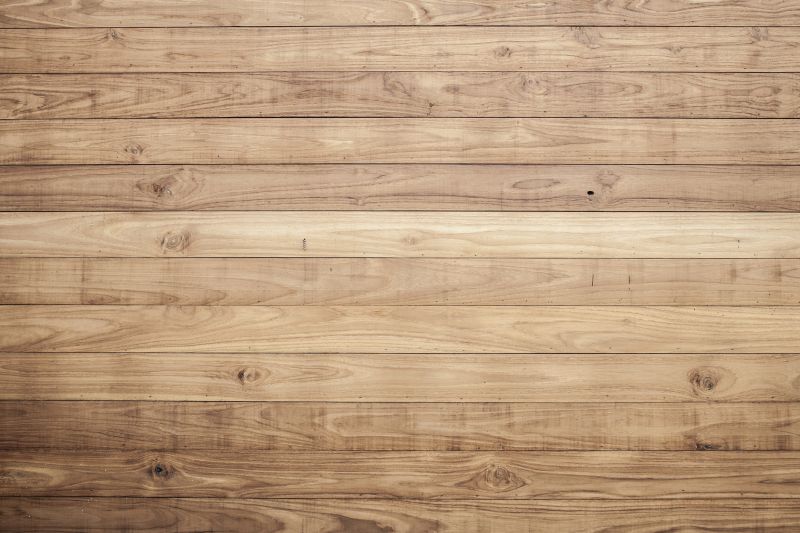
Different wood types vary in cost, with hardwoods generally being more expensive than softwoods, affecting overall pricing.
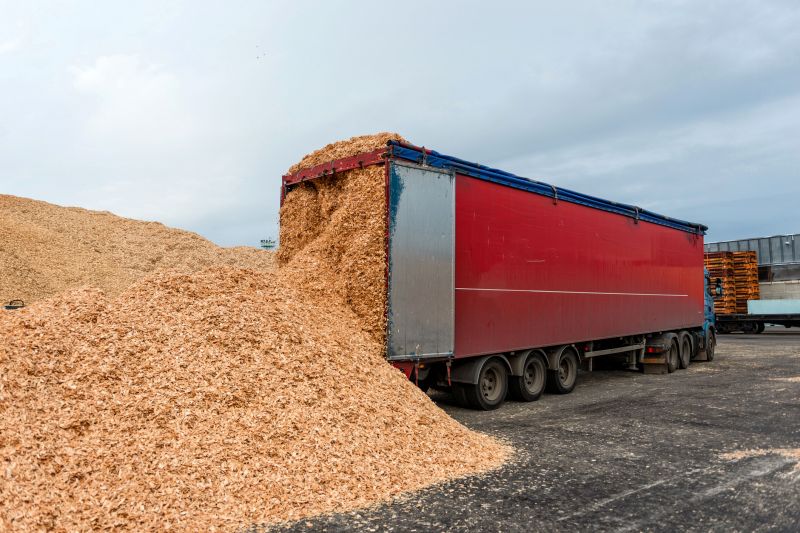
Larger quantities typically reduce unit costs, but initial volume impacts total expenditure.
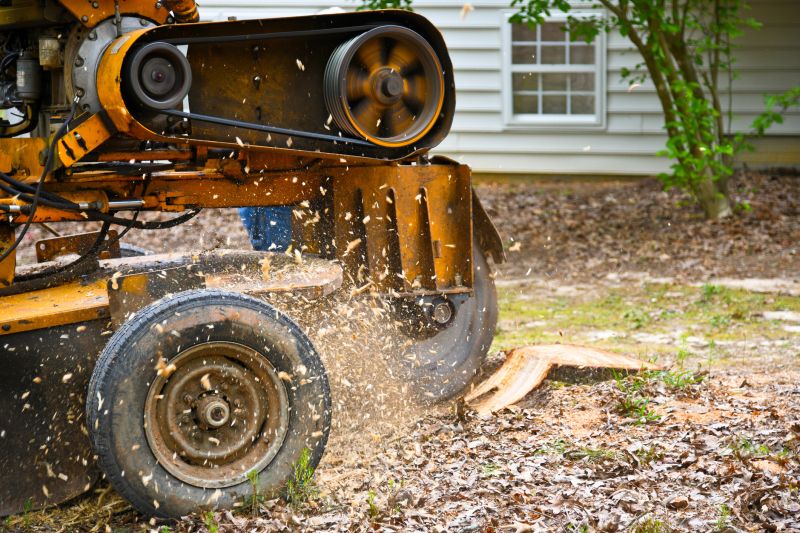
The complexity of processing, including grinding and sorting, influences the final cost of wood strippings.
| Factor | Impact on Cost |
|---|---|
| Type of Wood | Hardwoods are more expensive than softwoods. |
| Quantity | Higher volumes can lower per-unit costs. |
| Processing Method | Advanced processing increases expenses. |
| Delivery Distance | Longer distances add transportation costs. |
| Quality Grade | Premium quality wood strippings cost more. |
| Seasonality | Prices may fluctuate based on supply and demand. |
| Equipment Used | Specialized machinery can raise costs. |
| Labor Intensity | More labor-intensive processes increase expenses. |
Understanding these cost components helps in accurate budgeting and selecting appropriate suppliers. It is essential to consider not only the initial price but also the quality and suitability of the wood strippings for specific applications. Proper planning ensures cost efficiency while meeting project requirements.
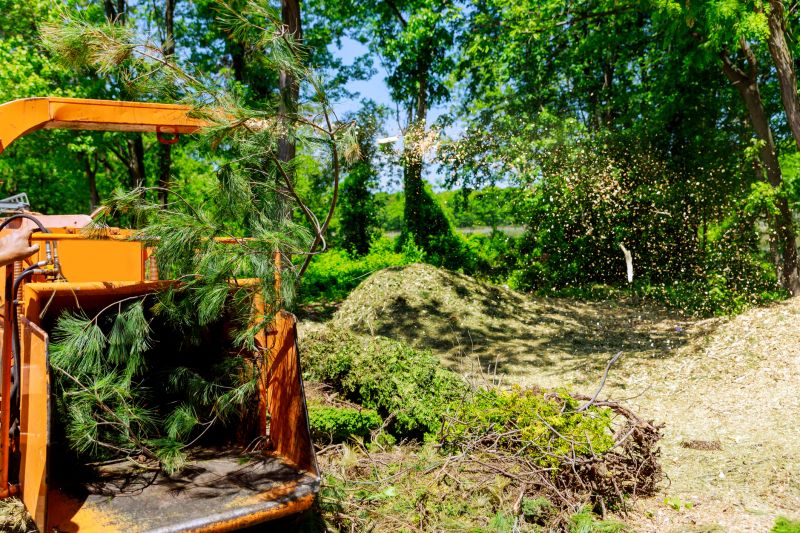
Processing facilities impact costs through equipment quality and operational efficiency.
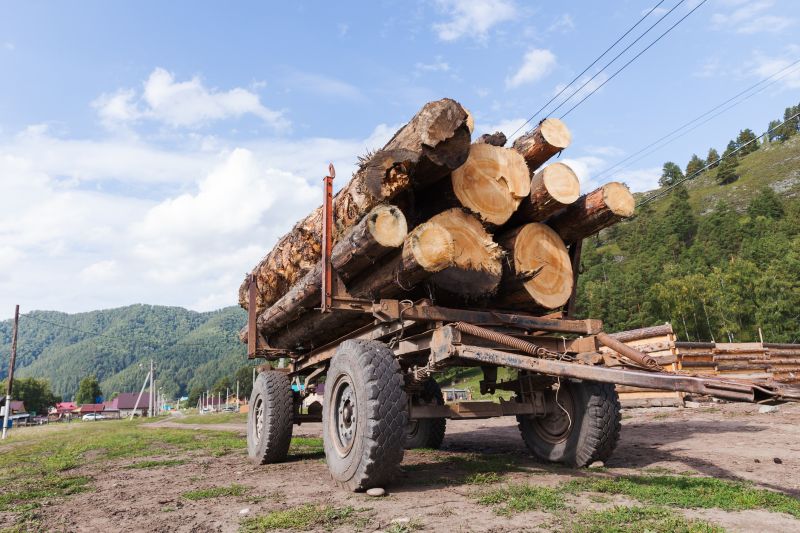
Loading methods affect transportation costs and delivery times.
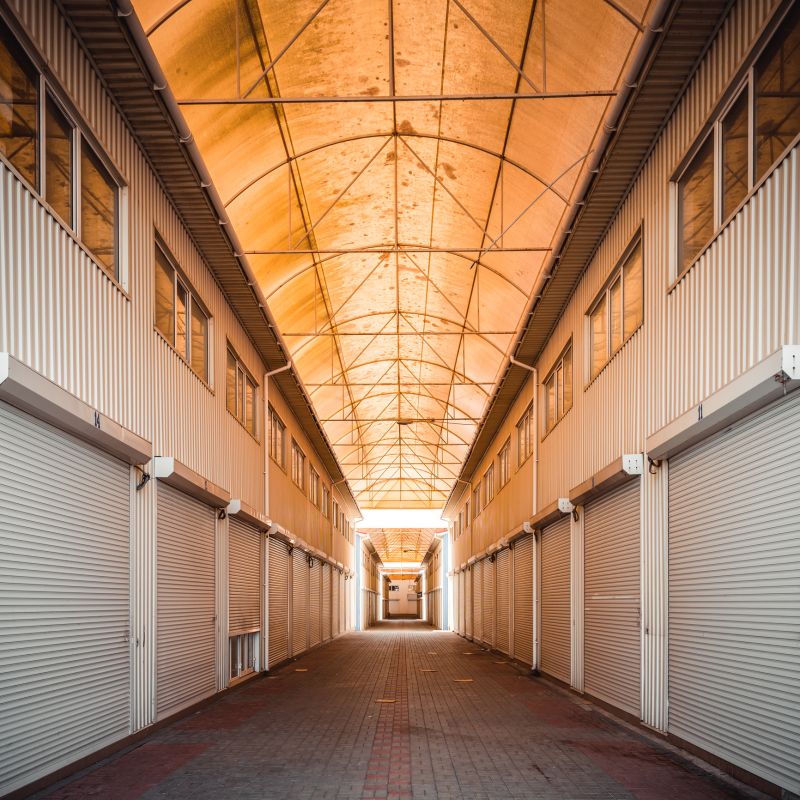
Proper storage impacts quality and associated costs.
| Service | Average Price |
|---|---|
| Basic Wood Strippings (per ton) | $150 - $250 |
| Premium Quality Wood Chips | $200 - $350 |
| Bulk Delivery (per mile) | $2 - $5 |
| Processing and Screening | $50 - $100 per hour |
| Customized Size Reduction | $100 - $200 |
| Specialty Wood Types | $300 - $500 |
| Organic Mulch Production | $100 - $200 per load |
| On-site Processing | $250 - $400 |



